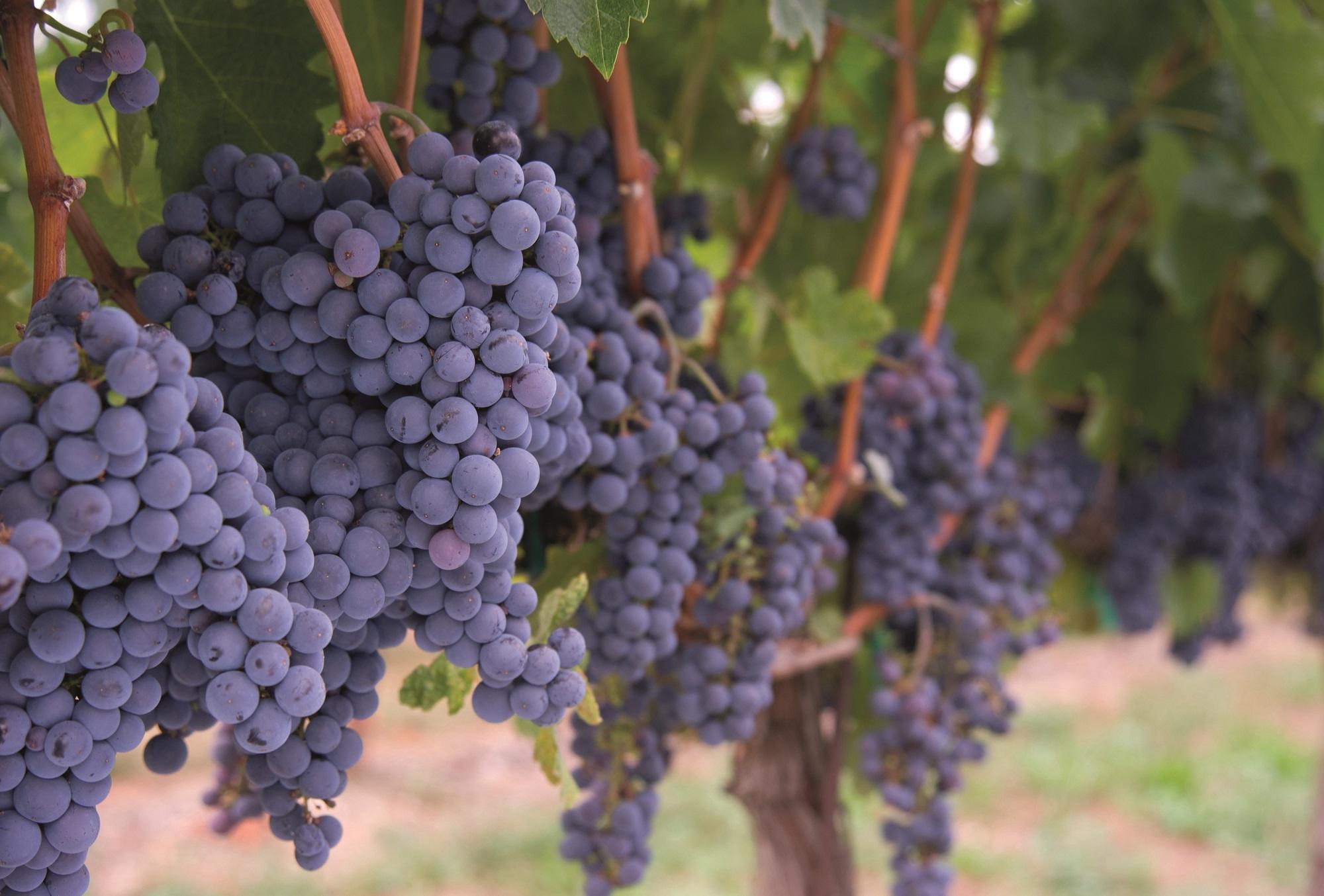
The vast vineyards of businessman Lucien Arkas are located close to the antique city of Metropolis near İzmir in western Turkey. During a recent business trip to İzmir, at a lunch in Arkas’ vineyards, I thought once again about how valuable the grape is for these lands, where grapes and mythology coexist.
As far back as 3,000 BC we come across grapes in Hittite and Sumerian tablets, or in recently unearthed mosaics.
Someone who strongly believes the grape is an indispensable product of these fertile lands is Gözdem Gürbüzatik. She is the business unit manager of Mey Diageo Turkey Wine, and for three years she has been the head of the Wines of Turkey Committee. Gürbüzatik strives to promote Turkish wines internationally – wines produced from local grapes grown here for millennia.
Within the context of the Economy Ministry’s “Project for Improving International Competitiveness,” and with the support of the Istanbul Exporters’ Union, Gürbüzatik has been promoting Turkish wines in countries such as the United States, Germany and the U.K. She says she is tired of being asked questions like, “Are you allowed to grow grapes in vineyards in Turkey?” when speaking to foreigners. As a matter of fact, Turkey is the world’s fifth top grape producer, with around 4 to 5 million tons of grapes produced here annually.
The Boğazkere and Öküzgözü grapes from Elazığ, which date back to thousands of years; Ankara’s Kalecik Karası; the Narince, grown around Tokat province; Cappadocia’s Emir grape; and Çanakkale’s Karakız grape, which has become a rising star in recent years, have all very recently been introduced to the international market. Gürbüzatik says Turkish wine has an interesting taste for palates accustomed to more well-known grapes such as Merlot, Cabarnet Sauvignon, Chardonnay or Shiraz. 